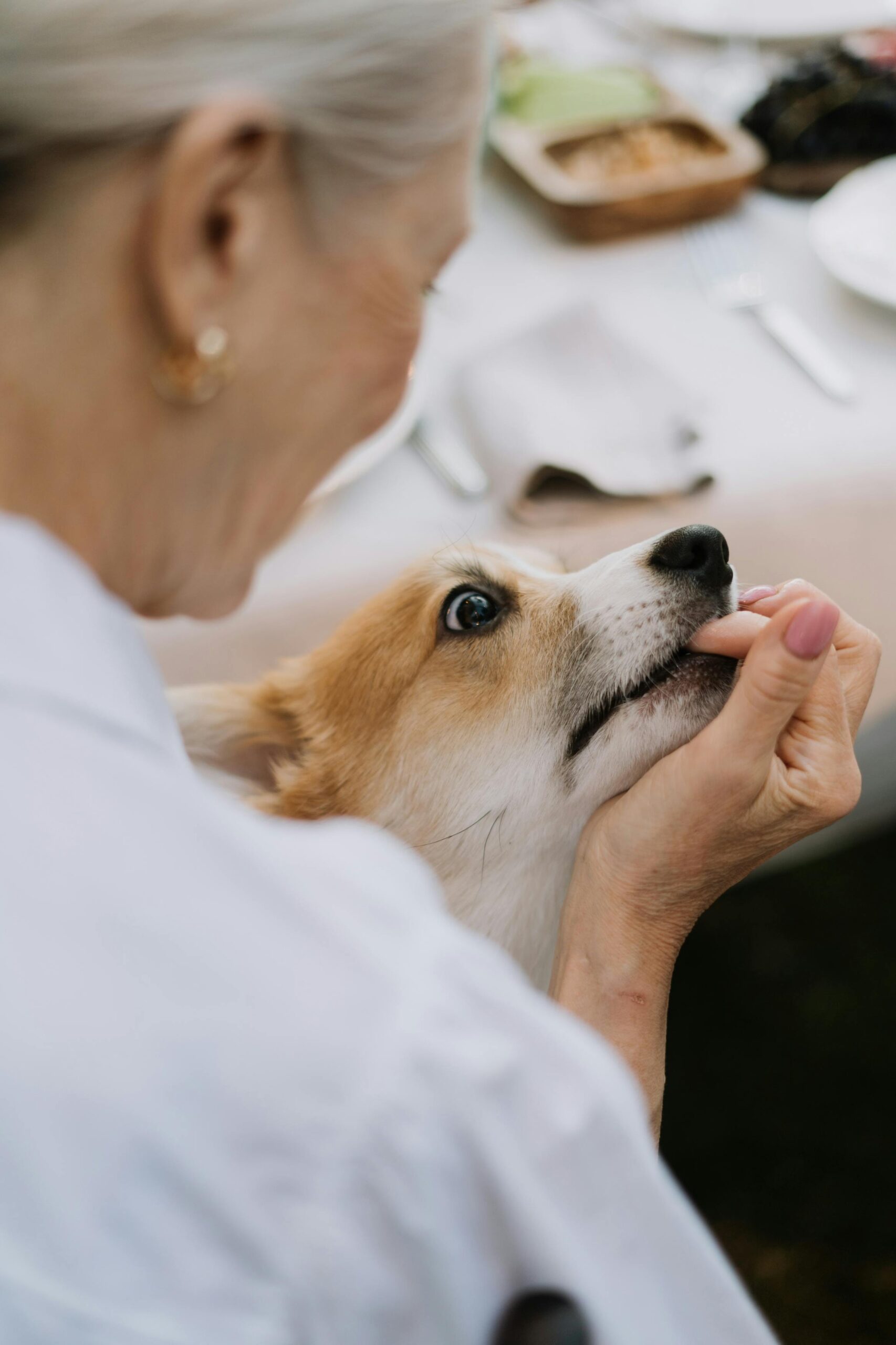Comprehensive Guide to Senior Pet Care Near Me
Aging pets deserve just as much love and support as they did in their younger years. With an increase in life expectancy among domestic animals, the need for specialized senior pet care near me is more critical than ever. In this guide, you’ll learn essential caregiving principles, practical tips, advanced strategies, and how to find trusted local services for your elderly pets.

Understanding the Fundamentals
Senior pet care refers to specialized health management for aging pets, typically those over seven years old. The field has evolved significantly, with pet owners and veterinary professionals recognizing that older pets require tailored support for comfort, mobility, and quality of life.
These fundamentals are essential because they address age-related conditions like arthritis, cognitive decline, and dental issues. Think of it like senior human care—preventive strategies and early intervention can drastically improve outcomes and happiness for your pets.
1.1 Recognizing the Signs of Aging
Common signs of aging in pets include decreased activity, cloudy eyes, weight gain or loss, bad breath, and changes in behavior. A 2023 study by the American Veterinary Medical Association revealed that over 60% of pets over age 8 exhibit at least one chronic health condition.
Examples include older dogs sleeping more often or cats becoming more withdrawn. Many pet owners overlook these symptoms as natural aging, but they can signal deeper health concerns. Being proactive helps extend your pet’s life and comfort.
1.2 Importance of Regular Health Screenings
Unlike younger pets, seniors benefit from bi-annual veterinary checkups. These exams often include blood panels, dental checks, and arthritis screenings. This routine care distinguishes general pet wellness from effective senior pet care near me.
Real-world examples include early diagnosis of kidney disease in older cats or identifying hip dysplasia in large dog breeds before it severely affects mobility. Preventive care saves time, money, and emotional stress later.
Practical Implementation Guide
Now that you understand the basics, it’s time to implement them into daily life. Establishing a senior care routine can make a dramatic difference in your pet’s comfort, health, and happiness. Results vary, but most pet owners notice increased vitality and reduced symptoms within a few weeks of targeted care.

2.1 Actionable Steps
- Health Assessments: Schedule regular wellness visits every 6 months to monitor changes and adjust treatment plans.
- Home Adjustments: Install ramps, orthopedic beds, and non-slip flooring to prevent injuries and enhance comfort.
- Diet and Supplements: Transition to senior-formulated foods and consult your vet about glucosamine, omega-3s, and probiotics.
2.2 Overcoming Challenges
Senior pet care isn’t without its obstacles. Common challenges include resistance to medication, incontinence, and decreased mobility. Watch for symptoms like frequent accidents, limping, or disinterest in food.
Solutions include flavored meds, doggy diapers, or physical therapy. Experts suggest using positive reinforcement and creating a calm environment to encourage cooperation. Consistency is key for long-term success.
Advanced Applications
Once foundational care is in place, advanced techniques can elevate your senior pet’s well-being. These methods are best applied when basic interventions no longer provide the same results or when your pet shows signs of complex health issues.

3.1 Alternative Therapies
Modern senior pet care includes therapies like acupuncture, hydrotherapy, and laser treatments. For instance, hydrotherapy reduces arthritis pain while improving cardiovascular health. Clinical studies show pets undergoing such therapies report 30% more mobility within 8 weeks.
3.2 Tech-Enhanced Monitoring
Integrating smart devices like GPS-enabled collars or health trackers helps monitor vital stats and activity levels. These tools are particularly useful for pets with chronic conditions or cognitive dysfunction.
Ensure compatibility with your pet’s health status and consult your vet before use. Many systems now integrate with mobile apps for seamless health updates and alerts.
Future Outlook
The field of senior pet care is rapidly evolving. Innovations like AI-driven diagnostics, gene therapy, and custom nutrition plans are poised to redefine elderly pet wellness.
In the next 3–5 years, expect wider access to in-home veterinary services and predictive analytics for aging-related issues. Pet owners should stay informed and explore these options as they become available locally.
Conclusion
Senior pet care is not just a service—it’s a commitment. Key takeaways include recognizing signs of aging early, implementing personalized care plans, and exploring advanced solutions when needed.
To begin your journey, look for senior pet care near me that aligns with your pet’s unique needs. Schedule a consultation, make home improvements, and explore modern wellness tools today.
Frequently Asked Questions
- Q: How do I know my pet needs senior care? Look for signs like weight changes, limping, and behavior shifts. Even subtle differences can indicate age-related health issues.
- Q: How do I start senior care at home? Begin with a vet visit, switch to senior-specific food, and add comfort-focused home improvements like padded bedding.
- Q: How much time does it take to care for a senior pet? On average, expect an additional 30–60 minutes per day for meds, exercise, and check-ins. The time varies with health conditions.
- Q: What does senior pet care cost? Monthly costs range from $50–$300 depending on medications, therapy sessions, and frequency of vet visits.
- Q: Is senior pet care better than traditional boarding? Yes. Senior-focused services offer medical monitoring, mobility support, and personalized attention compared to general pet boarding.
- Q: Do I need special skills to care for an aging pet? Not necessarily. Basic guidance from your vet and commitment to routine make a big difference. Skills can be learned over time.
- Q: What if my pet has breed-specific aging issues? Consult your vet for breed-specific risks. Large breeds may have joint issues, while smaller dogs may need heart monitoring.
